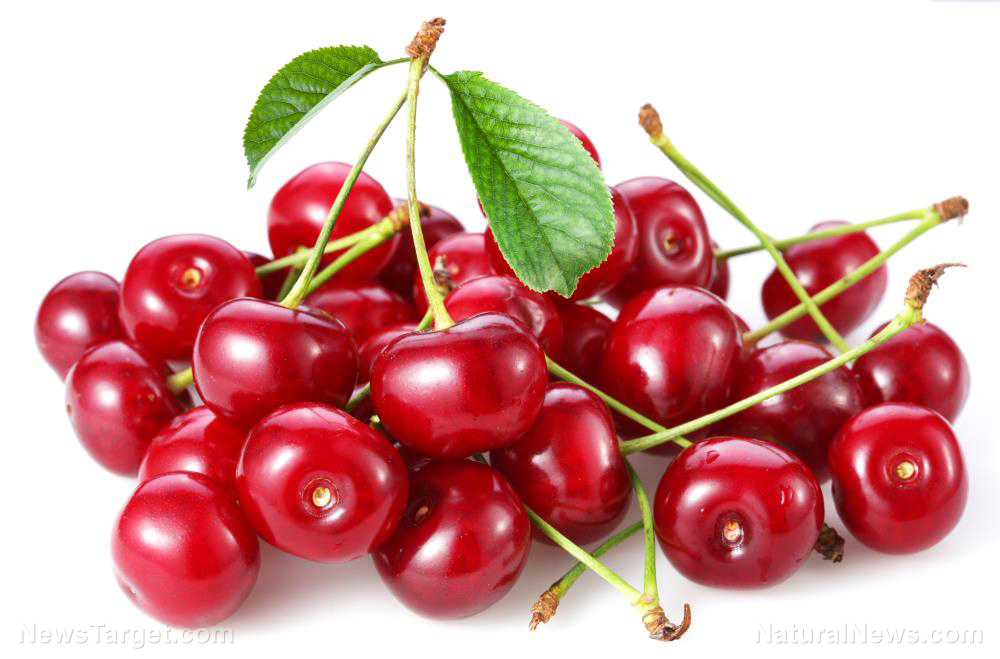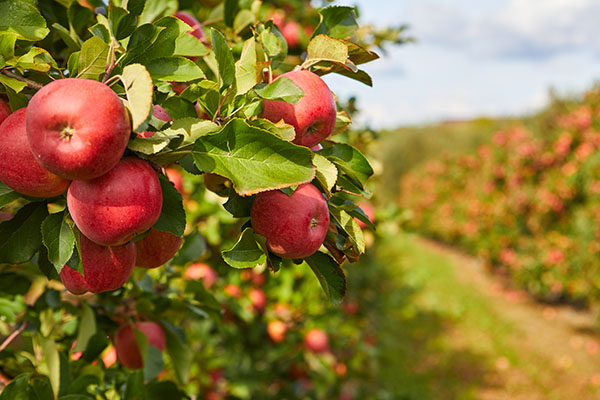Want to improve your brain health naturally? Eat more fermented, cultured foods
06/16/2023 / By Ethan Huff

New research out of Ireland has confirmed that fermented and cultured foods are good both for gut and brain.
Eating foods that are alive and thriving due to beneficial bacteria – a few common examples include yogurt, kefir, kombucha, and kimchi – can greatly improve one’s mental health, concludes the review, which was published in the journal Preventive Nutrition and Food Science.
Because of the way they help modulate the release of neurotransmitters like brain-derived neurotrophic factor (BDNF), glutamate, gamma-aminobutyric acid (GABA), and serotonin, fermented and cultured foods demonstrated effectiveness in improving both learning and memory.
Sauerkraut, a type of fermented cabbage, contains an amino acid called choline that is vital for the production of acetylcholine, a neurotransmitter involved in muscle control, circadian rhythm and memory. Acetylcholine has also been identified as having a powerfully protective effect against Alzheimer’s disease.
Tryptophan is another amino acid found in fermented foods that the body requires to produce the hormone melatonin, which regulates the body’s sleep-wake cycles. Tryptophan is found in milk – raw milk is preferable as it is a living food filled with beneficial bacteria – tuna and meat.
Tryptophan is also an important precursor for serotonin, a brain neurotransmitter that regulates mood and other functions. Consuming fermented foods that are rich in it was shown to boost brain health both in the short and long term, helping to improve mood while reducing stress.
(Related: One warming fermented beverage that is really good for you that you may want to look into is miso, a nutritional powerhouse of traditional Japanese cuisine.)
Sugar is the key to proper fermentation and culturing, despite being demonized
For their paper, researchers from APC Microbiome at University College Cork, as well as from Teagasc, Ireland’s Agriculture and Food Development Authority, sought to identify which fermented and cultured foods are best for obtaining these benefits.
To do this, they compared data on more than 200 different fermented and cultured foods consumed all around the world. All of them vary substantially in the makeup of their metabolites, which are known to have a beneficial effect on brain health.
The study is still ongoing, just to be clear, but there have been some important findings already that are worth mentioning, mainly that all fermented and cultured foods help support gut and brain health in powerful ways.
“I expected only a few fermented foods would show up, but out of 200 fermented foods [tested], almost all of them showed the ability to exert some sort of potential to improve gut and brain health,” said Ramya Balasubramanian, one of the study’s authors.
“Fermented sugar-based products and fermented vegetable-based products are like winning the lottery when it comes to gut and brain health.”
Amazingly, or perhaps not, Balasubramanian and the team discovered that sugar-based products are critical for the production of the healthiest and most beneficial metabolites, despite the fact that sugar is largely demonized as a “junk” food.
“For all that we see on sugar-based products being demonized, fermented sugar takes the raw sugar substrate, and it converts it into a plethora of metabolites that can have a beneficial effect on the host,” Balasubramanian explained.
“So even though it has the name ‘sugar’ in it, if you do a final metabolomic screen, the sugar gets used by the microbial community that’s present in the food, and they get converted into these beautiful metabolites that are ready to be cherry-picked by us for further studies.”
Such sugar-based fermented foods include kombucha, which is typically made using black tea and sugar – sugar being the key to what ferments the tea and makes it healthier for both gut and brain.
The latest news about healthy eating and living can be found at Natural.news.
Sources for this article include:
Submit a correction >>
Tagged Under:
aging secrets, alternative medicine, brain function, brain health, digestion, fermented foods, food cures, food is medicine, food science, health science, natural cures, natural health, natural medicine, nutrients, research
This article may contain statements that reflect the opinion of the author
RECENT NEWS & ARTICLES
AgingSecrets.News is a fact-based public education website published by Aging Secrets News Features, LLC.
All content copyright © 2018 by Aging Secrets News Features, LLC.
Contact Us with Tips or Corrections
All trademarks, registered trademarks and servicemarks mentioned on this site are the property of their respective owners.




















